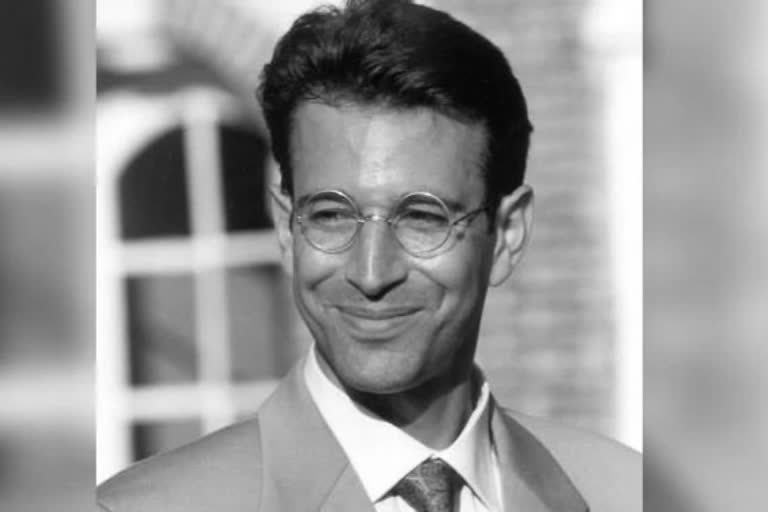Islamabad: Pakistan's Sindh province government has decided not to release British-born al-Qaeda leader Ahmed Omar Saeed Sheikh and his three aides, accused of kidnapping and murdering US journalist Daniel Pearl, in view of a Supreme Court order, according to a media report.
In a surprise move, a two-judge bench of the Sindh High Court on Thursday directed security agencies not to keep Sheikh and other accused under "any sort of detention" and declared all notifications of the Sindh government related to their detention "null and void". The court observed that the four men's detention was "illegal".
The court, however, had clarified that the accused should not be released if there is a Supreme Court restraining order regarding their detention.
Citing its sources, the Express Tribune newspaper said that the provincial government will not release these men in view of the Supreme Court's September 28 order.
The Pakistan People's Party-led Sindh government believes that the apex court's September 28 order in the case is still in the field, the sources told the daily.
A three-judge apex court bench headed by Justice Mushir Alam, which is hearing the appeal by the Sindh government and the family of the slain journalist against the acquittal of Sheikh by the Sindh High Court in April, on September 28 noted that till the next date of hearing, the accused shall not be released.
A senior government official said the apex court order has not been specifically recalled.
The SHC in its December 24 order also clarified that accused should not be released if there is a Supreme Court restraining order regarding their detention, he added.
The sources said the Sindh government will also challenge the SHC's December 24 order in the apex court on Monday.
In April, a two-judge Sindh High Court bench commuted the death sentence of 46-year-old Sheikh to seven years imprisonment. The court also acquitted his three aides who were serving life terms in the case almost two decades after they were found guilty and jailed.
However, the Sindh government refused to release them and kept them in detention under the Maintenance of Public Order.
